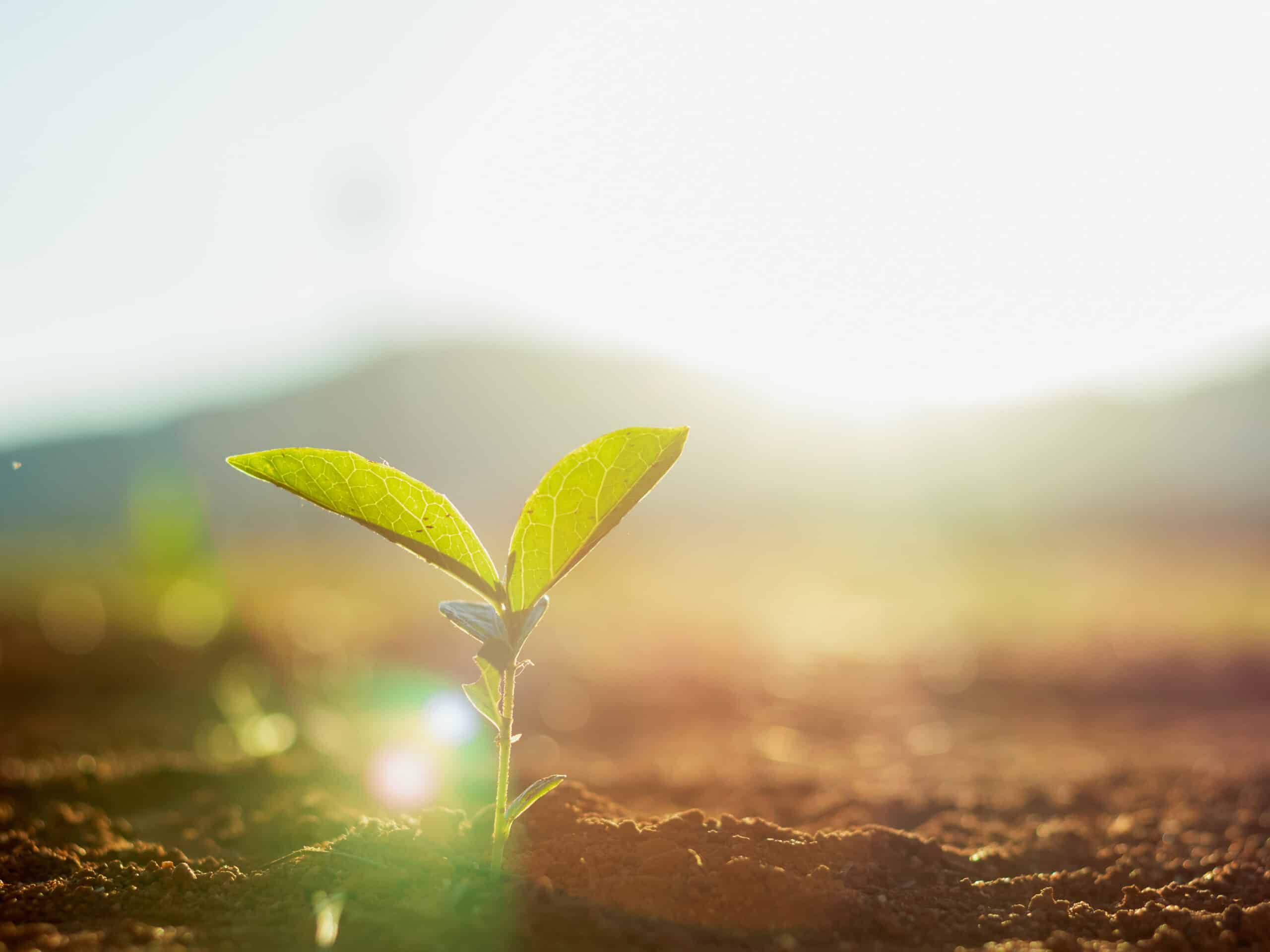Bill 5001 is on its way to State Governor Jay Inslee. If Governor Inslee signs it the legislation will go into effect in 2020, effectively making Washington residents the first in the nation to have this more economical and environmental friendly option for management of human remains after death.
As outlined in the legislation the process is called recomposition and it involves placing remains into a chamber that will help to accelerate decomposition; after about a month the remains are transformed into nutrient packed soil to be returned to the deceased person’s family or loved ones, who can then use the soil to plant a tree, rose bush, nourish a garden, or use it in which ever way the deceased may have wanted, maybe spread out over a few gardens.
According to Troy Hottle, environmental sustainability analyst, “Recompose gets as close to the natural process of decomposition you’d assume a body would undergo before we had an industrialized society. In an urban environment, which is where the global population is growing and land use is at a premium, it’s the most efficient and environmentally sound method of burial.”
Passage of this bill would fulfill longtime work for many environmentalists who’d rather not have their remains poisoned with formaldehyde and other embalming chemicals when they leave this earthly realm, who would rather have their remains do as it would naturally have done and let their remains return to the earth. One such person is Katrina Spade, CEO of Recompose, this would be another step in her efforts envisioned of an urban, soil based, ecologically death care option, who aspires to be the first natural organic reduction funeral home based in Seattle.
Seven years ago Spade launched the idea as the nonprofit called the Urban Death Project, after working with scientists to study how human remains decompose in soil in trials; studies demonstrated that the compost met and sometimes exceed state and federal safety standards for pathogens and metals that may be dangerous to human, animals, or plants, and it smelled just like regular soil.
“This is one of those bills that just gains a following — I got a lot of emails from folks in support of this, a combination of environmentalists and people thinking about practical approaches to end-of-life issues.” said Rep. Nicole Macri.
“Of all the options for the disposition of human remains, this would be by far the most environmentally friendly,” said Sen. Jamie Pedersen,“It’s just what used to happen before the arrival of $5,000 caskets covered with ecologically unfriendly varnishes and all the rest.” “That’s the funny thing about the Legislature,” Pedersen said with a laugh regarding the ick factor of talking about death, “It’s just a slice of the general public. So a few people were simply icked out by death and didn’t want to think about it, but the easiest way to get them through it was to say: ‘Hey, if you don’t want to think about this again, let’s just get the bill passed!”
What a lovely thing it would be to leave this earthly realm knowing that your soul may be moving on, but your remains will be nourishing a tree leaving behind beauty for all to benefit from and celebrate life, rather that putting more chemicals into the ground, to respect Earth even in death and renew life.




